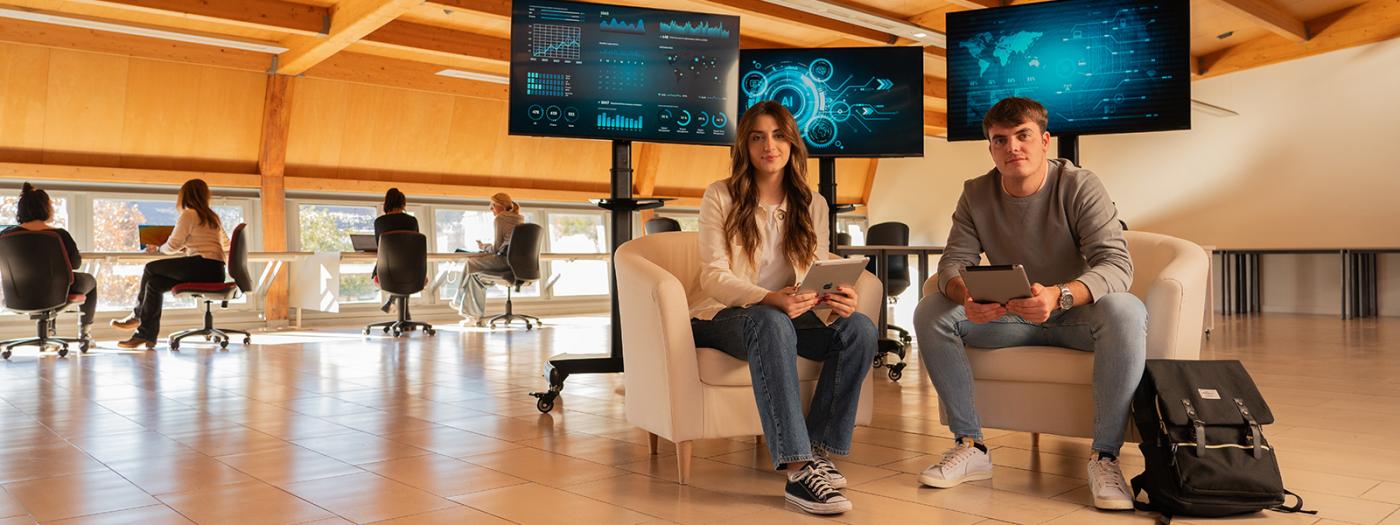Titular Professors
Professors
PRE-REQUIREMENTS (COURSES)
European Economic and Social History
By the end of this course students should be able:
1. To understand the duality in society's relationship with technological progress.
2. To critically approach scientific and technological systems and accounts of their change.
3. To broadly STS as a field of academic study and to be comfortable using the key theoretical tools from the discipline to assess the nature of science and technology.
4. To synthesise texts/videos/podcasts and analyse them in, with, and against other sources.
On the completion of this course students will have acquired/achieved:
- Critical Thinking.
- Basic theoretical knowledge of the subject.
- Development of written and oral communication skills.
- Development of Information management skills.
- Problem-solving skills.
- Teamwork.
- Intrapersonal knowledge and development.
- Interpersonal skills.
- Cross-cultural skills.
- Creativity.
- A search for quality excellence.
- Self Motivation.
- Generative learning
1. Course Introduction
2. What is STS?
3. The Internet
4. Biometrics and the Politics of Data March
5. Artifical Intelligence
6. Genetics and Genomes
7. Climate and Sustainability
8. Museums of Science and Technology
9. Science and Technology in Barcelona
10. Displaying Science and Technology for Society
The course will consist of a mixture of lectures, videos, readings, in-class activities and discussions. The lectures will be analysis and expansion of the required readings. To understand these concepts, it is essential that required readings be completed on time. Participative attendance is a major aspect of this course.
Students will be assessed in four ways:
1. Final Exam (45%): short answer and essay-based questions based upon material covered in classes.
2. Project (25%): Podcast submission based upon structured research project.
3. Group Debates: (15%).
4. Participation (15%): Actively participating in class, not disturbing the classroom environment for other students, and submitting any formative tasks requested by the professor.
